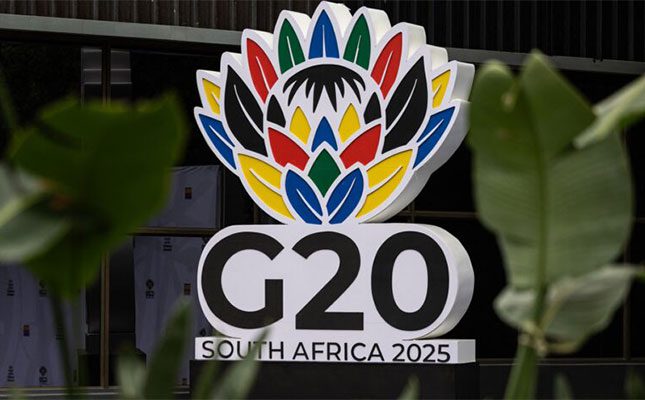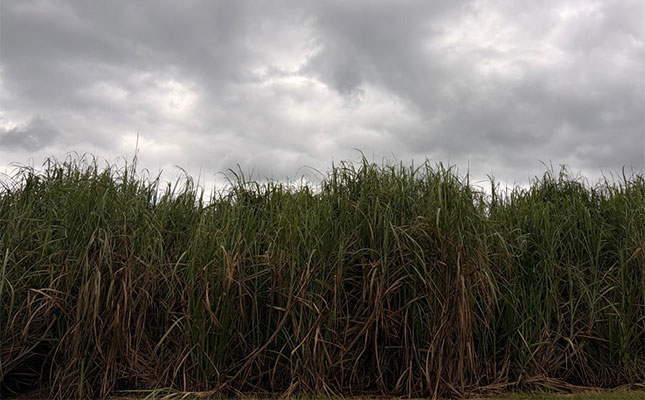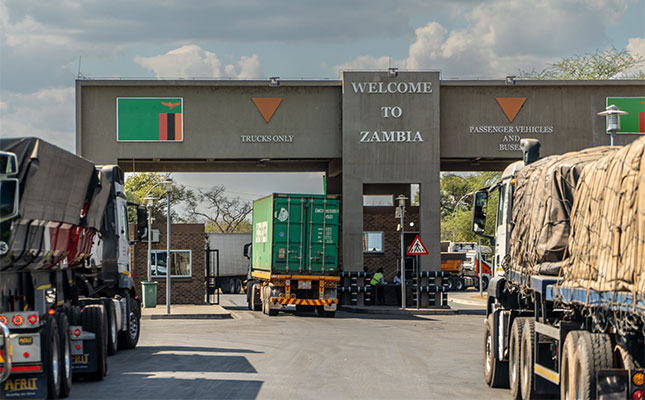
“This task force is one of the cornerstones of South Africa’s G20 presidency. It represents our shared recognition that artificial intelligence [AI] is not simply another technological trend; it is a profound transformative force shaping how we live, work, and engage with the world,” Minister of Communications and Digital Technologies Solly Malatsi said at the opening of the G20 Task Force Three earlier this year.
According to the concept note, while AI offers “unprecedented economic and social opportunities”, its rapid evolution under weak or fragmented regulation is already deepening global inequalities and posing major governance challenges. These risks range from algorithmic bias and breaches of privacy to labour exploitation, environmental damage, and the concentration of data and power in a handful of multinational corporations.
It highlights that digital inequality remains one of the greatest barriers to inclusive AI development. With nearly 2,9 billion people still offline, many countries stand to become “sites of data extraction” rather than active participants in the AI economy.
The report warns that this dynamic threatens to entrench a new layer of global inequality unless urgent corrective action is taken.
To address these challenges, South Africa is using its G20 presidency to advocate for a coordinated global approach to AI governance; one rooted in human rights, fairness, transparency, and shared benefits.
The task force calls for stronger international cooperation, building on UNESCO’s Recommendation on the Ethics of AI, the UN Global Digital Compact, and recent UN resolutions promoting safe and trustworthy AI.
A flagship proposal of South Africa’s G20 presidency, the ‘AI for Africa’ initiative focuses on strengthening the continent’s capacity in AI, including training programmes for African women. It will work on expanding access to AI-ready datasets, computing capacity, skills development, research capability, and women’s participation in the AI ecosystem.
The initiative will be launched at an international conference co-hosted by South Africa, the AU, UNESCO, the International Telecommunication Union, and key global partners.
“Across the world, AI platforms are helping societies solve complex problems. These platforms are improving the efficiency of our health systems, strengthening agricultural resilience, expanding access to education, and helping governments deliver public services more effectively.
“They also offer the potential to drive new forms of creativity, improve decision-making, and support the achievement of the [UN] Sustainable Development Goals,” Malatsi said.
The task force also convened three major workshops this year. The first focused on global data governance, seeking consensus on issues such as equitable data access, data diversity, and public-interest data sharing. The second showcased ethical and rights-promoting AI applications for innovation and sustainable development. The third explored how AI can narrow the scientific divide by supporting research and innovation across Africa.
In addition, a new Technology Policy Assistance Facility will help countries develop AI strategies, legal frameworks, and governance tools. This will ensure that emerging economies are not left behind in the global shift towards AI-driven growth.
The task force’s work will culminate in a high-level ministerial statement positioning the G20 as a leader in advancing safe, transparent, and equitable AI ecosystems worldwide.
For South Africa, the process represents a major opportunity to shape global standards while spotlighting the urgent needs and priorities of developing countries in the emerging AI era.
Get trusted farming news from Farmers Weekly in Google Top Stories.
➕ Add Farmers Weekly to Google ✔ Takes 10 seconds · ✔ Remove anytime





